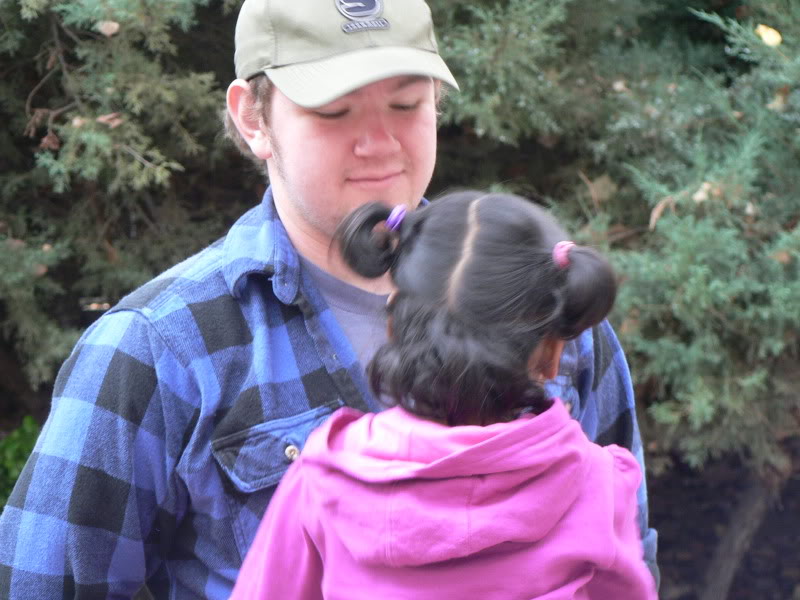"The empty plate club," referring to kids who successfully clean their plates, sounds so sad.
"Full plate" sounds much more nurturing.

SandraDodd.com/eating/grapes
the image is a painting by Pierre Mignard in the 1640s
"The empty plate club," referring to kids who successfully clean their plates, sounds so sad.
"Full plate" sounds much more nurturing.

I wish things for our family had been different earlier than later, but it is what it is. Unschooling really helped make us better people. I can't even imagine, or rather I can, how
Kids absorb the good and the bad. Unschooling really focuses on the good, and that's, well, GOOD! —Jenny Cyphers |
I worry that if our child does not go to school that he will be vulnerable to bullying when interacting with school kids at activity clubs like soccer or scouts.RESPONSE:
School kids are vulnerable to bullying both at activity clubs and at school. The idea that practice with being bullied helps people to avoid bullying doesn't seem true. Do abused women stand up to abusers better than women who have not been abused?

Much of bullying happens because humans need a hierarchy to interact. They don't behave well in "equal" groups of equally inexperienced people their own age. First, they need to learn from older and more experienced people. And if they have no leaders or experts in the group, then bullying and gangs can develop, because people seem to have a need to know their "rank" in a group.
I think bullying is a natural side effect of people feeling powerless, and of not being in the regular world where people do have different ages and different levels of experience in a situation.

 |



If you can keep that up for eighteen years, you've got unschooling!
